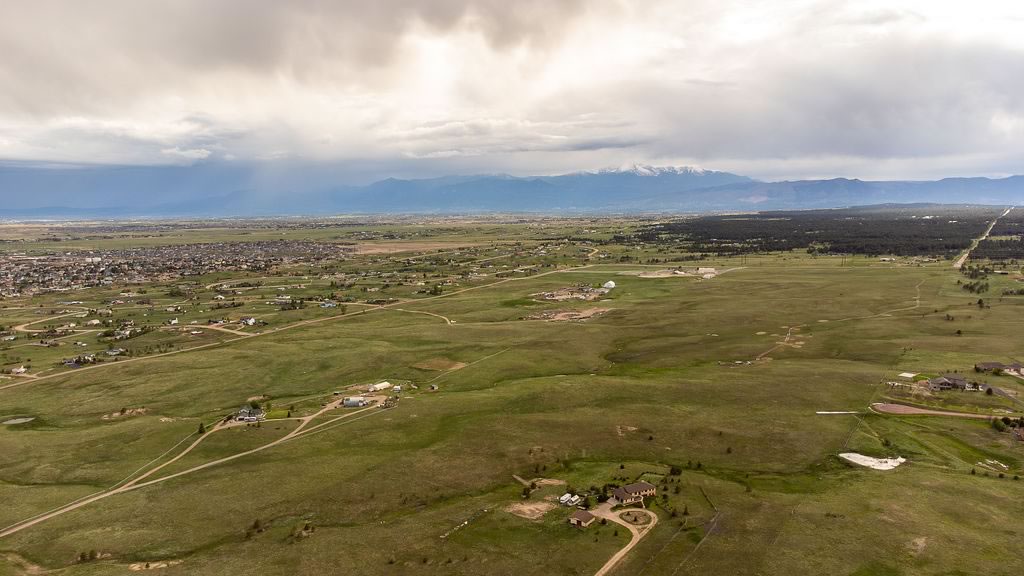Terry Stokka has lived in Black Forest for 29 years. He is president of the Friends of Black Forest, chairman of the Black Forest Land Use Committee and chairman of the Black Forest Water & Wells Committee.
By Terry Stokka
This month I would like to address deeds, abstracts and title insurance. If you own your home (or at least the part of that the bank doesn’t own) you have a deed that describes your property and who owns it. The property is described in great detail so there is no question as to what piece of dirt this is. You are listed as the legal owner even if you have a mortgage. You have a copy and another copy is stored in the vaults of the County Register of Deeds.
When you purchased your home, you received a warranty deed. This type of deed described a property transaction that involved money or something else of value that was traded for the property. The term warranty deed has now been changed to arms-length sale. This deed has a “warranty” that guarantees the property is free of any legal problems. If a parent has a home or property that they want to give to their child at no cost, the parent can file a quitclaim deed that shows the property changing hands, with no money involved. The owner of the property is saying that he or she is relinquishing all involvement in the property to the new owner. This deed doesn’t require the search of past ownership changes and other legal issues and does not have a “warranty.”
Many years ago, each property had an abstract that went along with it. The abstract had many entries that were updated whenever the property changed hands or some action like zoning changes affected the property. The abstract would ensure there were no liens or legal problems that would affect the new owner from purchasing the property. The owner would hold on to the abstract and turn it over to the new owner when the property was sold, so the abstract could be updated. The abstract was a fascinating history of everything that happened to that property from the time when no one owned it. In the case of my own abstract, it shows when Gen. Palmer purchased the land in 1871 to harvest lumber for his railroad and later for the silver mines. I have reviewed a number of abstracts that people kept in the changeover and they are fascinating to read.
Abstracts were prone to getting lost. They laid in the bottom drawer of dad’s desk for 30 years and were sometimes lost in one of the house cleanings. Along came title companies; they would handle the search of the property so no one need worry about finding an abstract or updating it. They would search the title history and guarantee the property was free from legal encumbrances. So abstracts went away and now title insurance is standard.
One recent addition to the deed issue is a beneficiary deed. When mom and dad pass away and their house is in their names, the children must go through probate court. Even if they had a will that left the home to one or more of the children, the court must legally appoint a personal representative who has the power to change that deed to someone else. Unfortunately, probate court involves lawyers and court costs and can be quite expensive, so the states came up with beneficiary deeds. For my beneficiary deed, I found the Colorado version on the internet and filled in the legal description of the property and the people I want to be beneficiaries of my home. I signed that deed in the presence of a notary public and filed it with the Register of Deeds downtown. Then, when my wife and I die, the home goes to our children without the requirement of probate court. I highly recommend that people who own homes or property look into this very simple and useful tool. If you have a family trust, your trustee has no doubt filed a beneficiary deed for your property to protect your estate.
Lastly, the title company is the office that handles all the title insurance, deed changes, mortgage issues and contract issues. When you come to the end of the process of selling or buying a home, you “close” on the property with the title company and sign a bunch of papers to turn the property over to you or the new owner.
I hope this brief explanation will give you a bit more understanding of the different types of deeds and the legal issues involved.




